Navigating the intricacies of the National Disability Insurance Scheme (NDIS) can be pivotal for both nurses and participants, especially when it comes to the vital role of NDIS Assessments. This government initiative, dedicated to assisting Australians with disabilities, hinges on meticulous assessments to tailor specific supports that promote a higher quality of life. Nurses and healthcare professionals play a critical role in conducting these assessments, which are paramount to enabling individuals to access the personalised care they need.
This article serves as a practical guide to prepare for and understand NDIS Assessments, ensuring that both participants and healthcare providers are well-informed about the procedures involved. By 2024, the NDIS aims to provide support for about 500,000 Australians with significant disabilities, making it imperative for eligible candidates to achieve accurate assessments. The content not only sheds light on the eligibility criteria and the importance of functional capacity assessments within the NDIS framework but also underscores the essential security measures and regulatory requirements that safeguard the integrity of the process. From deciphering the assessment types to the mandatory worker screening clearances from, readers will gain crucial insights to navigate these assessments effectively, paving the way for enhanced support and services within the scope of the NDIS.
Understanding NDIS Assessments
Navigating NDIS assessments necessitates a comprehensive understanding of the benchmarks and procedures that are in place to provide the best possible support structure for those with disabilities. These assessments are guided by the NDIS Practice Standards, which play a fundamental role in ensuring the consistency and quality of support provided by registered NDIS providers.
NDIS Practice Standards and Modules:
Core Module: Centers on the participant's rights and provider's responsibilities, involving:
Governance and Operational Management: Ensures robust management and business practices.
The Delivery of Supports: Focuses on the provision of high-quality and effective supports.
Support Provision Environment: Guarantees a safe and appropriate environment for service delivery.
Supplementary Modules: Tailored to specific services and organizational setups, supplementing the Core Module.
Functional capacity assessments form an intrinsic part of the NDIS assessment process, evaluating an individual's physical and cognitive abilities to engage in daily activities. These assessments determine the level of support and funding necessary for NDIS participants to reach their personal goals and can be initiated by various stakeholders including the participant or their advocate.
Aspects of NDIS Functional Capacity Assessments:
Conducted by registered providers like Ability Action Australia, these assessments cover:
Evaluating daily living skills and physical capabilities.
Identifying psychological and cognitive functioning levels.
Analysing participants’ abilities to engage in social and community participation.
The underlying objective of NDIS Assessments is to comprehensively understand the impact of an individual's disability on their everyday life. This assessment is crucial as it drives the determination of supports required for the participant to achieve their set goals. Notably, the Australian Government’s proposition of introducing mandatory "independent assessments" has sparked debates and concerns within the disability community.
Impact of Proposed Independent Assessments:
Objective: Introduction of a new system of compulsory independent assessments to standardize the evaluation process.
Concerns Raised: Potential lack of personalization and understanding of individual contexts within NDIS assessments.
To conclude, NDIS assessments are integral for devising a support plan that is responsive to the unique needs of NDIS participants, ensuring they are empowered to lead lives that are as fulfilling and independent as possible. It is critical for all parties involved to stay informed about the policies governing these assessments to effectively advocate for and support participants throughout their NDIS journey.
Preparing for NDIS Assessments
Preparing for NDIS assessments, particularly occupational therapy assessments, is critical for an accurate representation of a participant's needs. Gathering relevant medical information, reflecting on personal aspirations, and organising documentation can streamline the process and ensure NDIS Assessments, such as the Functional Capacity Assessment, are thorough and tailored to the individual.
Gather and Organise Documentation: For an NDIS Functional Capacity Assessment, it is essential to compile pertinent documents, including:
Medical reports detailing the nature and extent of the disability.
Previous therapy assessments that provide insight into ongoing treatment.
Supporting documents that illustrate the disability's impact on daily activities.
Articulate Your Goals and Needs: Prior to the assessment:
Review current NDIS plan and clarify your goals to accurately communicate your requirements.
Reflect on daily routines, identifying tasks that pose challenges and those that can be managed independently.
Prepare to discuss how the disability affects your life, your objectives, and everyday tasks, thereby contributing to a more precise support plan.
Active Participation and Self-advocacy: During plan reassessments:
Ensure you have all necessary paperwork, including the latest assessments and reports from healthcare professionals.
Be transparent about the influence your disability has on your daily life.
Document any changes since your last plan review, adjusting goals and support needs accordingly.
By preparing efficiently for NDIS Assessments and plan reassessments, participants are empowered to contribute actively to the process, resulting in a support plan that better aligns with their individual needs and promotes their autonomy. It's also advantageous to engage with NDIS case managers or support coordinators, who can offer invaluable advice and assistance in preparing for assessments. This collaborative preparation can lead to a more efficient assessment process and higher likelihood of receiving the appropriate level of support to realise one’s goals.
Conclusion
In summation, the efficacy of NDIS Assessments is paramount to the empowerment and support of individuals with disabilities within Australia. Our discussions have highlighted the significance of understanding assessment procedures, the NDIS Practice Standards, and functional capacity evaluations. By engaging with these processes effectively, participants, nurses, and healthcare providers ensure that the tailored NDIS support plans not only reflect the participants' needs but also their aspirations for an independent and fulfilling life.
As we move towards a future where the NDIS supports an increasing number of Australians, it is vital that we continue to emphasize the importance of thorough preparation for assessments while advocating for a system that maintains personalization at its core. The collective efforts in this regard will facilitate an environment where the NDIS can truly meet its goal of providing informed and equitable support to those it intends to serve, fostering an inclusive society that uplifts every member.




